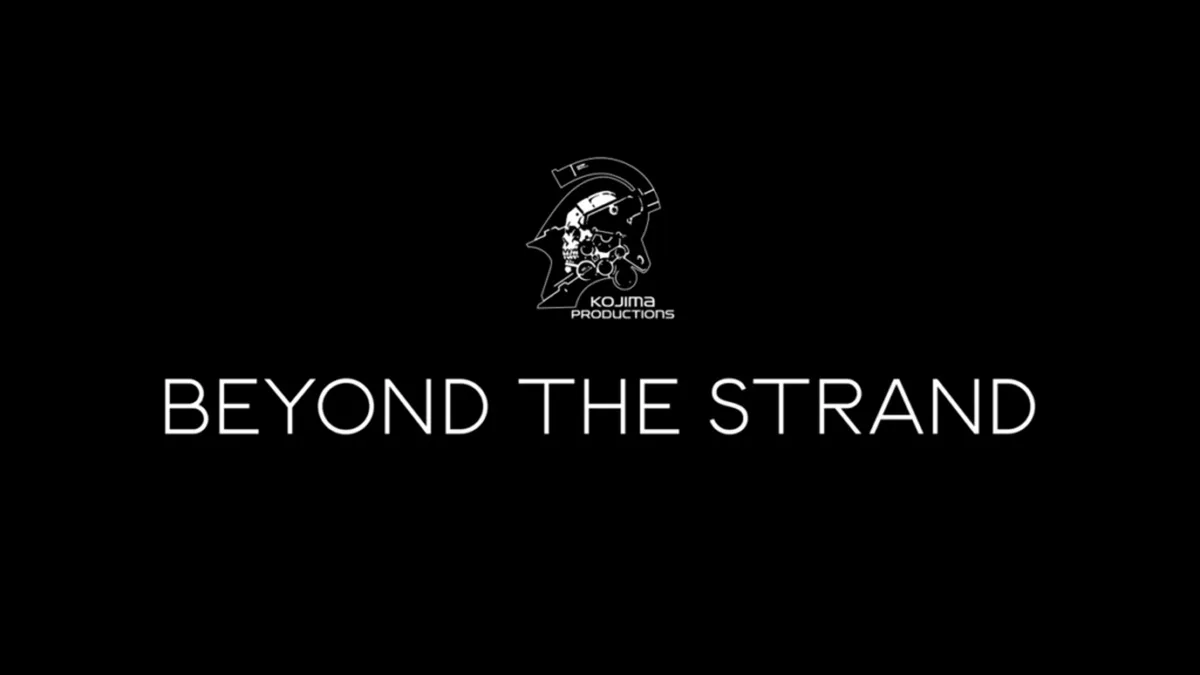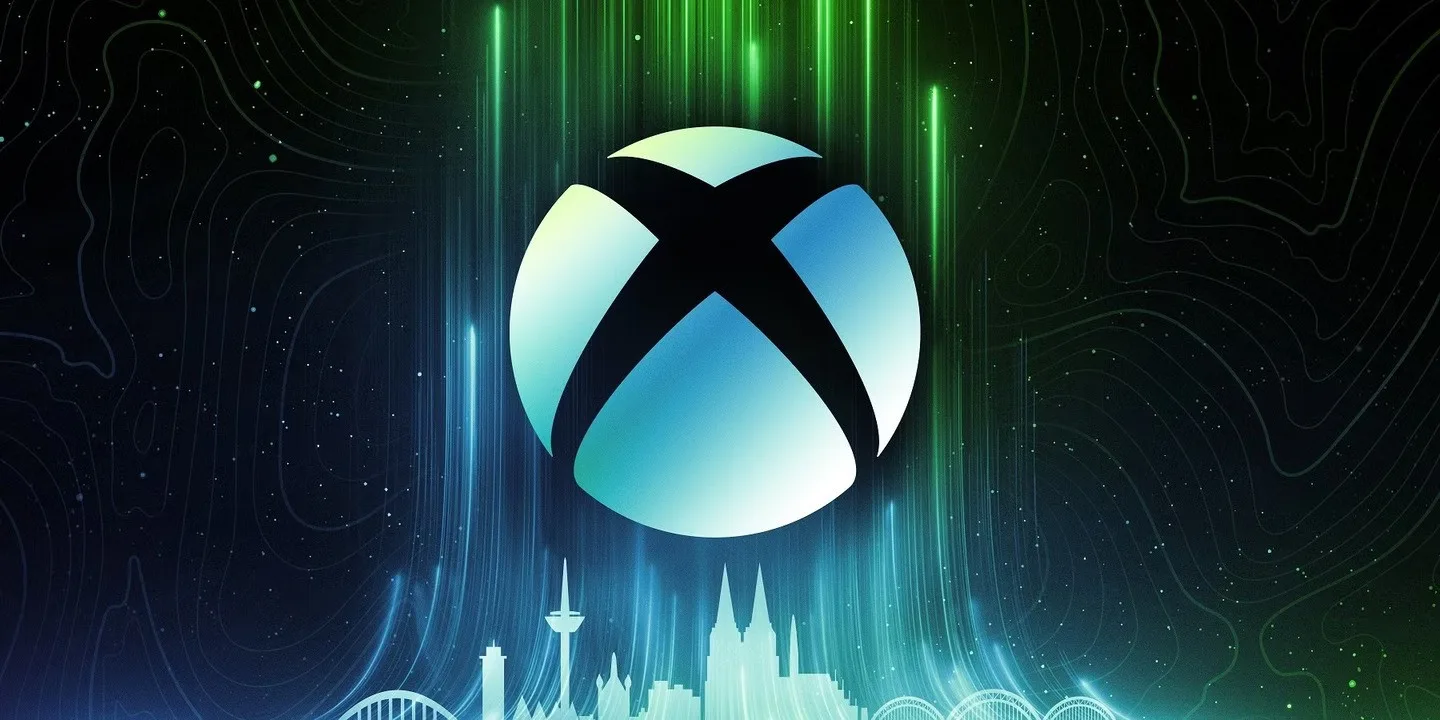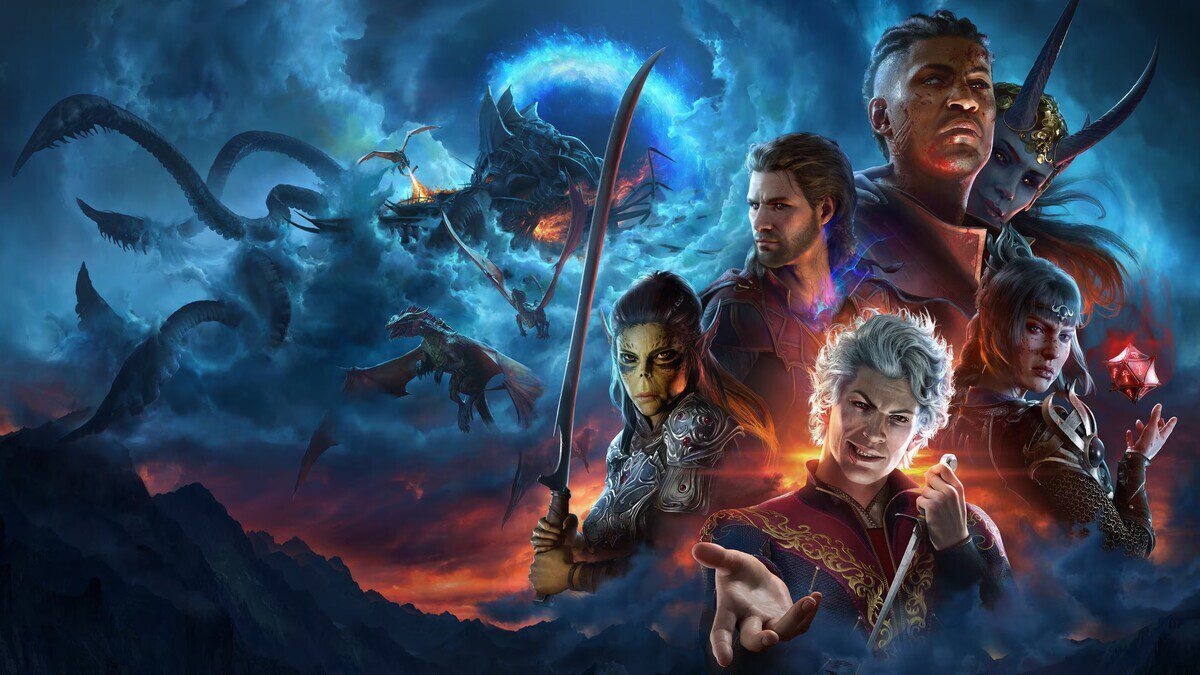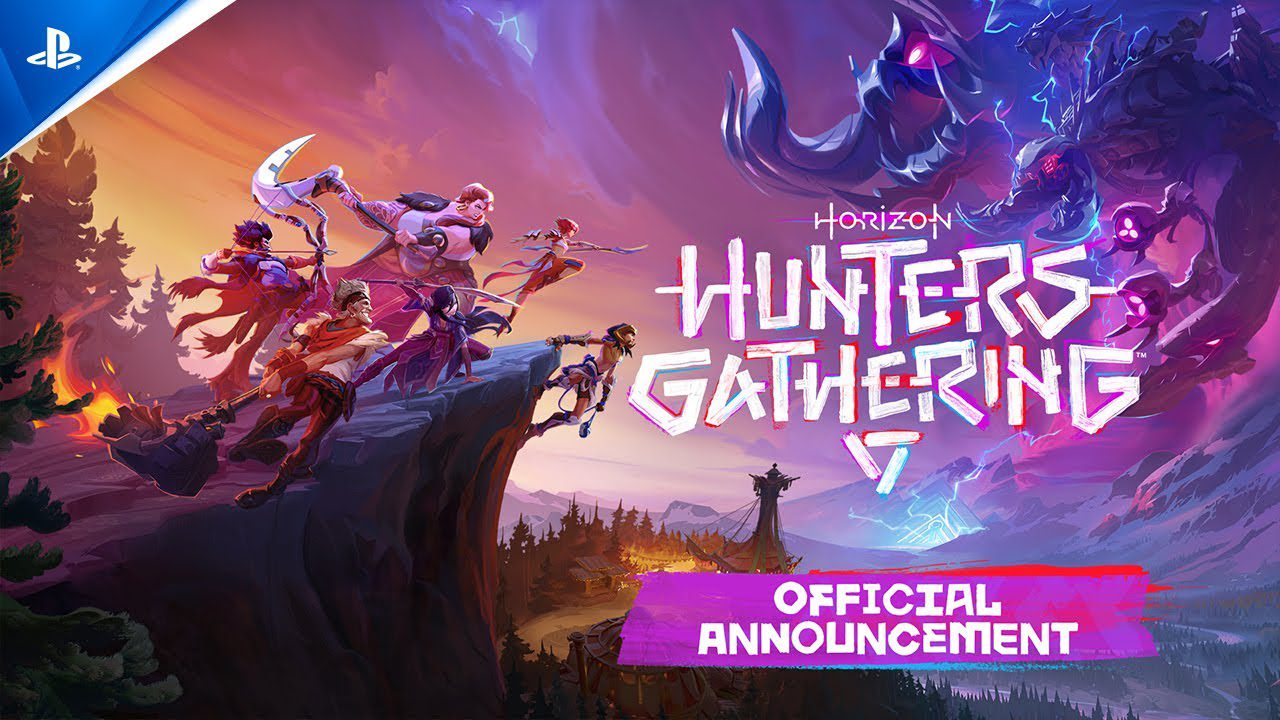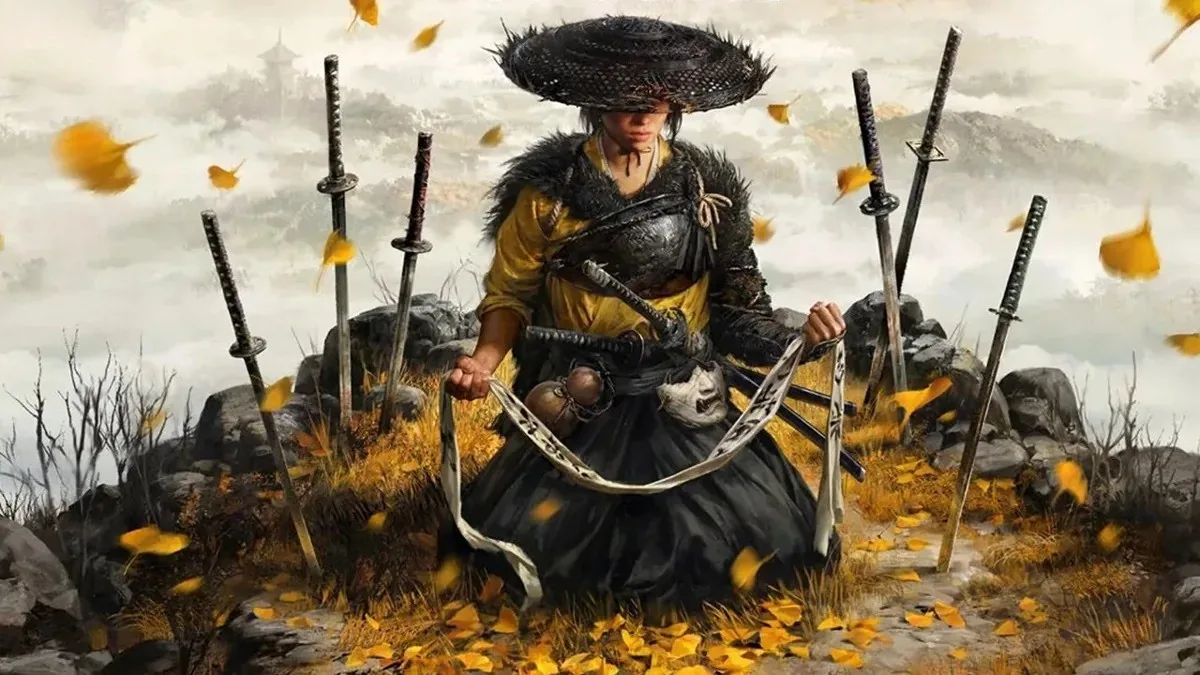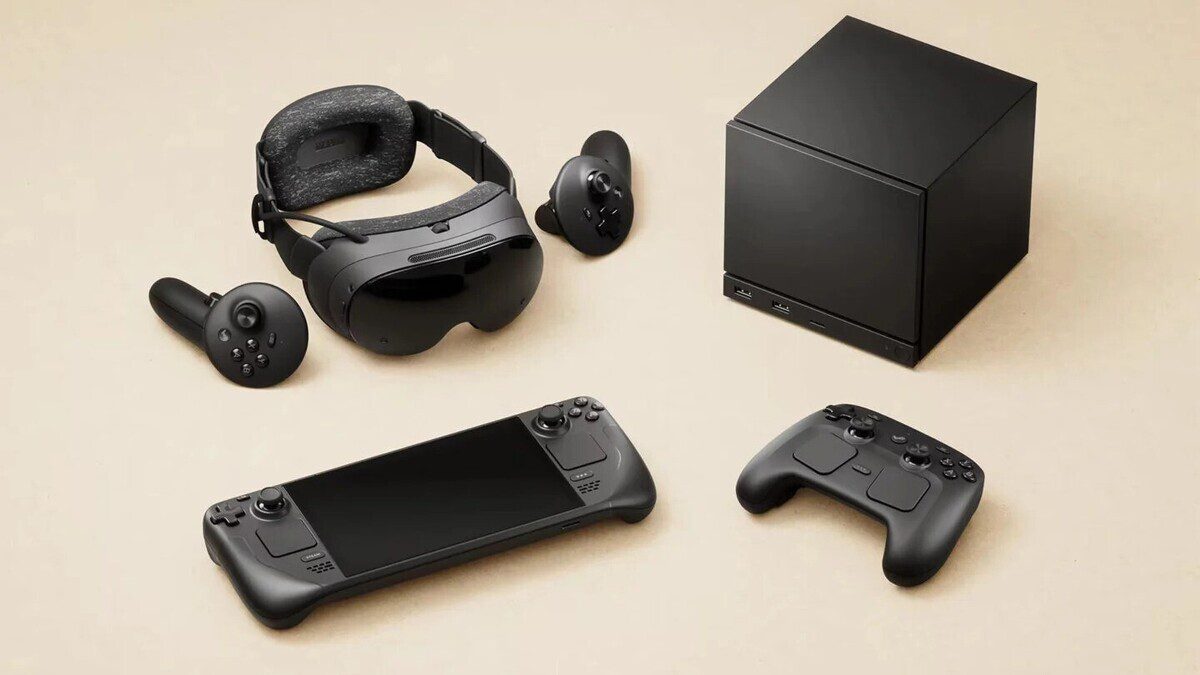As the gaming world turns its gaze toward Tokyo this September, one name looms larger than most: Hideo Kojima. Kojima Productions has announced a special 10th Anniversary event titled “Beyond the Strand”, set to take place on September 23 at Roppongi Hills TOHO Cinema, just ahead of Tokyo Game Show 2025. More than a celebration, this event promises “special guest appearances” and a first look at future projects, including the studio’s next steps in storytelling, genre-bending design, and cinematic ambition.
But to understand the weight of this moment, we need to rewind the tape—to the fallout that reshaped modern game development.
Kojima vs. Konami: A Breakup That Shook the Industry
Hideo Kojima’s legacy is inseparable from Konami, the publisher he joined in 1986 after being inspired by Super Mario Bros. His early work on the MSX platform led to the creation of Metal Gear, a stealth-action title that birthed an entire genre. Over the next three decades, Kojima became Konami’s golden child, helming Snatcher, Policenauts, and most famously, the Metal Gear Solid series.
By 2014, Kojima was Konami’s Executive Content Officer, overseeing major projects including Metal Gear Solid V: The Phantom Pain and the now-infamous P.T., a playable teaser for a new Silent Hills game co-developed with Guillermo del Toro.
Then came the silence.
In 2015, Konami abruptly scrubbed Kojima’s name from promotional materials, canceled Silent Hills, and removed P.T. from the PlayStation Store. Rumors swirled of internal power struggles, budget disputes, and a corporate shift toward mobile gaming. Kojima was reportedly barred from attending The Game Awards that year, despite The Phantom Pain winning accolades.
Konami never publicly explained the split, and Kojima remained diplomatically quiet. But the message was clear: the auteur was out.
Rebirth and Reinvention: Kojima Productions 2.0
Just months after leaving Konami, Kojima announced a new independent studio—Kojima Productions—in partnership with Sony Interactive Entertainment. The studio’s debut title, Death Stranding (2019), was a meditative, genre-defying experience that explored isolation, connection, and legacy. It was followed by a sequel, Death Stranding 2: On the Beach, released earlier this year.
Now, Kojima Productions is juggling multiple ambitious projects:
- OD, a horror game developed with Xbox Game Studios, promising psychological depth and experimental mechanics
- Physint, a next-gen action espionage game for PlayStation, described as a “brand-new, original IP” that could take 5–6 years to develop
Kojima, now 62, has spoken candidly about his health struggles during the pandemic and the existential shift that followed. He’s even revealed that he left a USB stick of game ideas for his team to use after his death—a poetic gesture that underscores his commitment to legacy and creative continuity.
For fans and creators alike, “Beyond the Strand” isn’t just a showcase—it’s a statement. It marks a decade of independence, resilience, and reinvention. Kojima’s journey from corporate exile to creative freedom is a testament to the power of vision over bureaucracy, and to the enduring value of auteurship in an increasingly homogenized industry.
As we await the September 23 event, one thing is certain: Kojima isn’t just building games. He’s building mythologies, challenging norms, and inviting us to think deeper about what games can be.
And for those of us who care about ethical storytelling, community-first design, and the preservation of gaming’s cultural legacy—this moment is worth celebrating.

